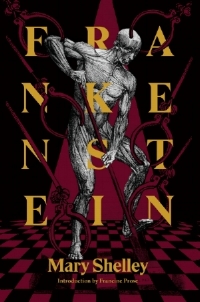Happy Halloween!
This year we’ve decided to celebrate Halloween with a sale on our most hair-raising titles! We’re giving you a discount code for 25% off of four terrifyingly great books that we recommend for your Halloween reading pleasure.
Use discount code: HALLOWEEN at checkout to receive your discount!
Albina and the Dog-Men by Alejandro Jodorowsky
From the acclaimed filmmaker and spiritual guru Alejandro Jodorowsky comes a novel that lies somewhere between werewolf novel and cowboy western about a beautiful albino giantess whose allure turns the men of a Chilean village into beasts.
Frankenstein by Mary Shelley
Frankenstein: or, the Modern Prometheus is a classic in the horror genre for good reason: it’s a tale of scientist Victor Frankenstein and his quest to create a being out of old body parts and bring it to life, only to find his creation violent and out of control.
Heartland by Ana Simo
Heartland is a dystopian tale whose protagonist goes on a quest for revenge against the woman who stole her lover, leading her down a dark path of blood and violence.
The Cowboy Bible and Other Stories by Carlos Velázquez
The Cowboy Bible is a collection of surreal, ironic, and madcap stories about the comedy and brutality of life in Mexico, featuring tales of greed, transformation, and a frightening look at the negative side of human nature.




